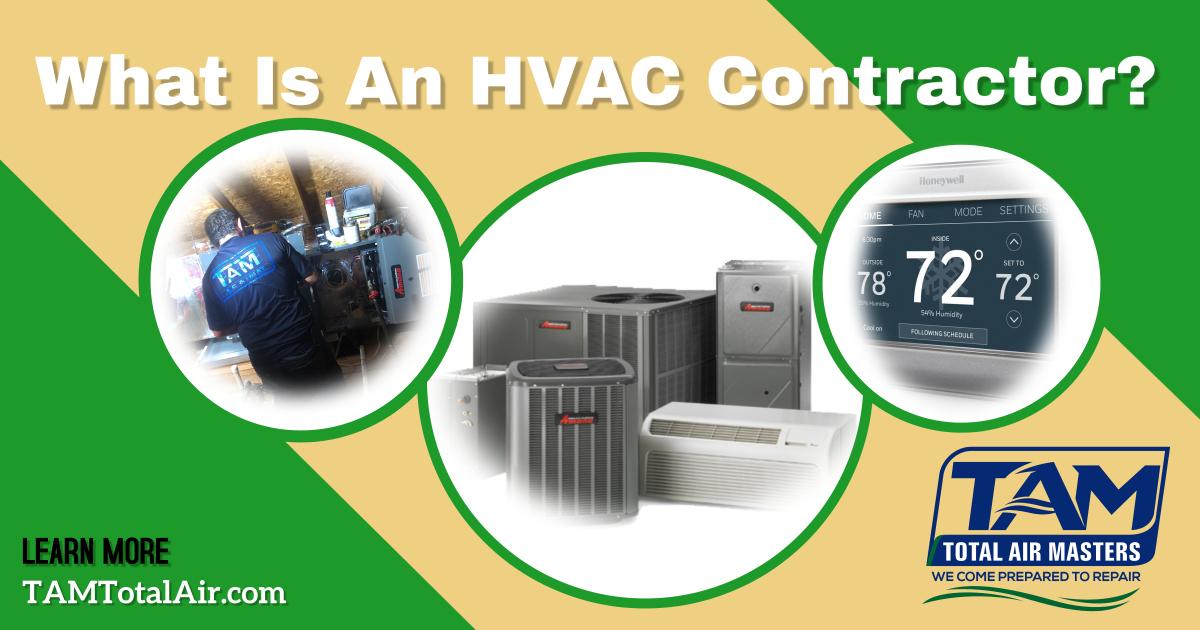
An HVAC contractor is a skilled professional who specializes in installing, repairing, and maintaining heating, ventilation, and air conditioning (HVAC) systems in residential, commercial, and industrial buildings. The HVAC contractor is responsible for ensuring that the HVAC system operates efficiently, effectively, and safely, and that it meets the specific requirements of the building’s occupants.
The job of an HVAC contractor can involve a wide range of tasks, including designing HVAC systems, installing equipment, performing routine maintenance, troubleshooting problems, and repairing or replacing malfunctioning components. They work with a variety of equipment, such as air conditioning units, furnaces, boilers, heat pumps, and ductwork, and are familiar with the latest HVAC technologies and techniques.
One of the primary roles of an HVAC contractor is to design and install HVAC systems that are tailored to the specific needs of the building and its occupants. This requires a thorough understanding of the building’s layout, ventilation requirements, and energy needs, as well as the local climate and weather patterns. HVAC contractors must also be knowledgeable about the various types of HVAC equipment and technologies available and be able to recommend the best solutions based on the building’s needs and budget.
In addition to designing and installing new systems, HVAC contractors also provide routine maintenance services to ensure that the system operates at peak efficiency and remains in good working order. This may involve inspecting the system, cleaning and replacing filters, checking and adjusting the thermostat, and testing various components to ensure that they are functioning properly.
If a problem with the HVAC system arises, the contractor will troubleshoot the issue and identify the source of the problem. This may involve examining the equipment, testing various components, and making adjustments or repairs as needed. In some cases, the contractor may need to replace a malfunctioning component or install a new system if the existing one is beyond repair.
Another important role of the HVAC contractor is to ensure that the HVAC system is operating safely and in compliance with local building codes and regulations. This may involve inspecting the system for potential safety hazards, such as leaks, carbon monoxide emissions, or faulty electrical wiring, and making the necessary repairs or adjustments to ensure that the system is safe for use.
In addition to their technical expertise, HVAC contractors must also possess strong communication and customer service skills. They must be able to explain complex technical concepts to clients in a way that is easy to understand, and they must be able to work effectively with other contractors and tradespeople who may be involved in a building project.
Overall, an HVAC contractor plays a critical role in ensuring that buildings are comfortable, safe, and energy-efficient. Whether working on a new construction project or maintaining an existing system, an HVAC contractor’s expertise and skillset are essential to the success of any building project.
